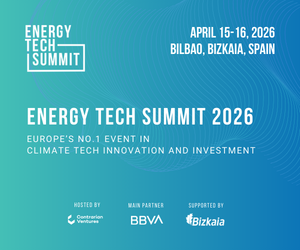Post - Articles
Arab nations are expected to pump more than $92 billion into projects to expand their power generation capacity.

Energy Tech Summit 2026
Projects during 2011-2015 will add nearly 80.4 GW to the total Arab power generation capacity of around 161.3 GW, showed the figures from Arab Petroleum Investment Corporation (Apicorp).
Nearly 60 per cent of the investments, or around $53 billion, will come from the six Gulf Cooperation Council (GCC) to add around 48 GW to their existing capacity of 87.8 GW, said the Dammam-based Apicorp, an affiliate of the 10-nation Organisation of Arab Petroleum Exporting Countries (OAPEC).
Investments by Mashreq countries, including Egypt, Iraq, Jordan, Lebanon, Syria and Palestine are estimated at $25.1 billion to boost capacity by around 20.2 GW from 43.1 GW.
Algeria, Libya, Morocco, Tunisia and Mauritania are expected to invest around $13.1 billion into power projects to add nearly 10.9 GW to their combined capacity of 27.5 GW.
The rest of the investments of around $1.7 billion will be channelled by other Arab countries, according to the report.
“As a result of high population growth rates and fast expanding urban and industrial sectors, many countries in the Arab world have been struggling to meet rapidly increasing demand for power,” it said.
“However, compared to recent trends, projected demand is expected to be slightly curbed as a result of current economic contraction. Also, expectation of better load management and gradual phasing out of price subsidies could help rein in excess demand growth. Accordingly, power generation capacity is projected to grow at a relatively subdued rate of 7.7 per cent for the period 2011-2015, resulting in an additional capacity of 80.4 GW over that period.”
Apicorp said the GCC states UAE, Saudi Arabia, Kuwait, Qatar, Bahrain and Oman have been the largest investors in the electricity sector in the region and will remain so in the next five years.
“A regional breakdown of these projections shows that 60 per cent of that expansion is expected in the GCC, which remains the fastest growing area. This should come as no surprise, taking into account its record rates of urbanisation and the massive requirements for water desalination and air conditioning.”
“In implementing their investment programmes, power generators in the Arab region in general will be facing the same challenges as the rest of the industry. These pertain to cost, feedstock and funding.”
